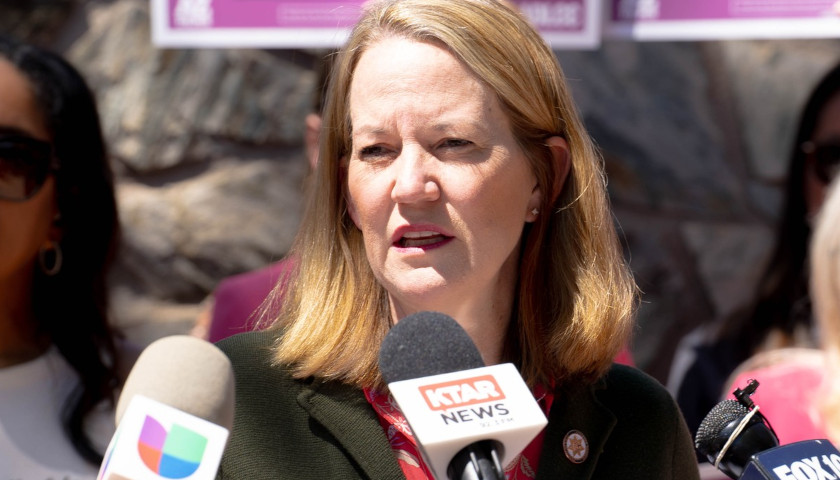Judge Layne Smith of Florida’s Second Judicial Circuit Court held a hearing Wednesday related to a lawsuit filed against Governor Ron DeSantis, the Florida Department of Economic Opportunity (DEO), and its secretary, Dane Eagle.
The complaint was filed on July 25th by attorneys on behalf of a group of Broward County residents in response to the $300-a-week in federal unemployment benefits – known as the Coronavirus Aid, Relief, and Economic Security Act, or the “CARES Act” – that were cut off in Florida on July 26th.
Federal benefits were cut off due to DeSantis and the DEO’s attempt to fill open positions in Florida’s workforce to combat the rise in unemployment numbers due to the pandemic.
The CARES Act was issued on March 27th, 2020, and provided financial aid during the pandemic through benefits known as; Pandemic Unemployment Assistance (PUA), Pandemic Emergency Unemployment Compensation (PEUC), and Federal Pandemic Unemployment Compensation (FPUC). PUA and PEUC were first extended through December 2020, then were extended again under the Continued Assistance for Unemployed Workers Act of 2020 (CAUWA) until March 14.
CAUWA also reinstated the FPUC that initially expired on July 31st, 2020, and changed the amount of weekly benefits allocated to unemployed individuals from $600-a-week to the $300-a-week. On March 14th, the American Rescue Plan Act of 2021 (ARPA) was signed by President Joe Biden who extended the new deadline to September 6th.
Because the federal unemployment benefits were cut off almost two and half months before the set expiration date, the plaintiffs assert that the DEO violated an agreement with the U.S. Department of Labor (USDOL). The agreement was established under the CARES Act that required the Secretary of the USDOL to create agreements for each state.
The complaint states, “On May 24th, 2021, Governor DeSantis, [Secretary] Eagle, and DEO announced that Florida would end its participation in the FPUC program… for purely partisan and political purposes.” It adds, “By terminating Florida’s participation in FPUC benefits, conferred under [the U.S. Constitution], defendants are violating their clear legal and statutory duty to secure such benefits for employees in the State of Florida including the plaintiffs and all other residents of the State of Florida who have been receiving FPUC benefits.”
In conclusion, the plaintiffs motion seeks a mandatory and permanent injunction against the state’s termination of the federal assistance and seeks to gain retroactive payments from the time benefits were cut off.
Attorneys for the defendants argued federal law does not require the state to continue its participation in the CARES Act program and that it followed all statutory requirements by the USDOL to be able to terminate its participation.
The memorandum states, “In the federal pandemic-related legislation, Congress left it to the states to act within their policy-making discretion regarding if and how to use the CARES Act emergency program and benefits, including FPUC benefits. To that end, the CARES Act makes participation in FPUC voluntary; states can choose to enroll and choose to withdraw at any time, so long as they terminate their participation by providing at least thirty days’ notice to the U.S. Secretary of Labor… The state complied with this statutory requirement.”
As far as the retroactive payments that the plaintiffs seek, the state’s attorneys argue that, “While the state has demonstrated it has the authority to enroll and withdraw from the CARES Act programs, what the state does not have the authority to do is provide plaintiffs with retroactive FPUC benefits.”
They cite a program letter from July 12 by the USDOL that states, “For states that terminate the agreement to operate some or all of these programs before September 6th no payments for the terminated programs may be made with respect to weeks of unemployment ending after the date the state terminates participation in the agreement.”
– – –
Casey Owens is a contributing writer for The Florida Capital Star. Follow him on Twitter at @cowensreports. Email tips to [email protected].





